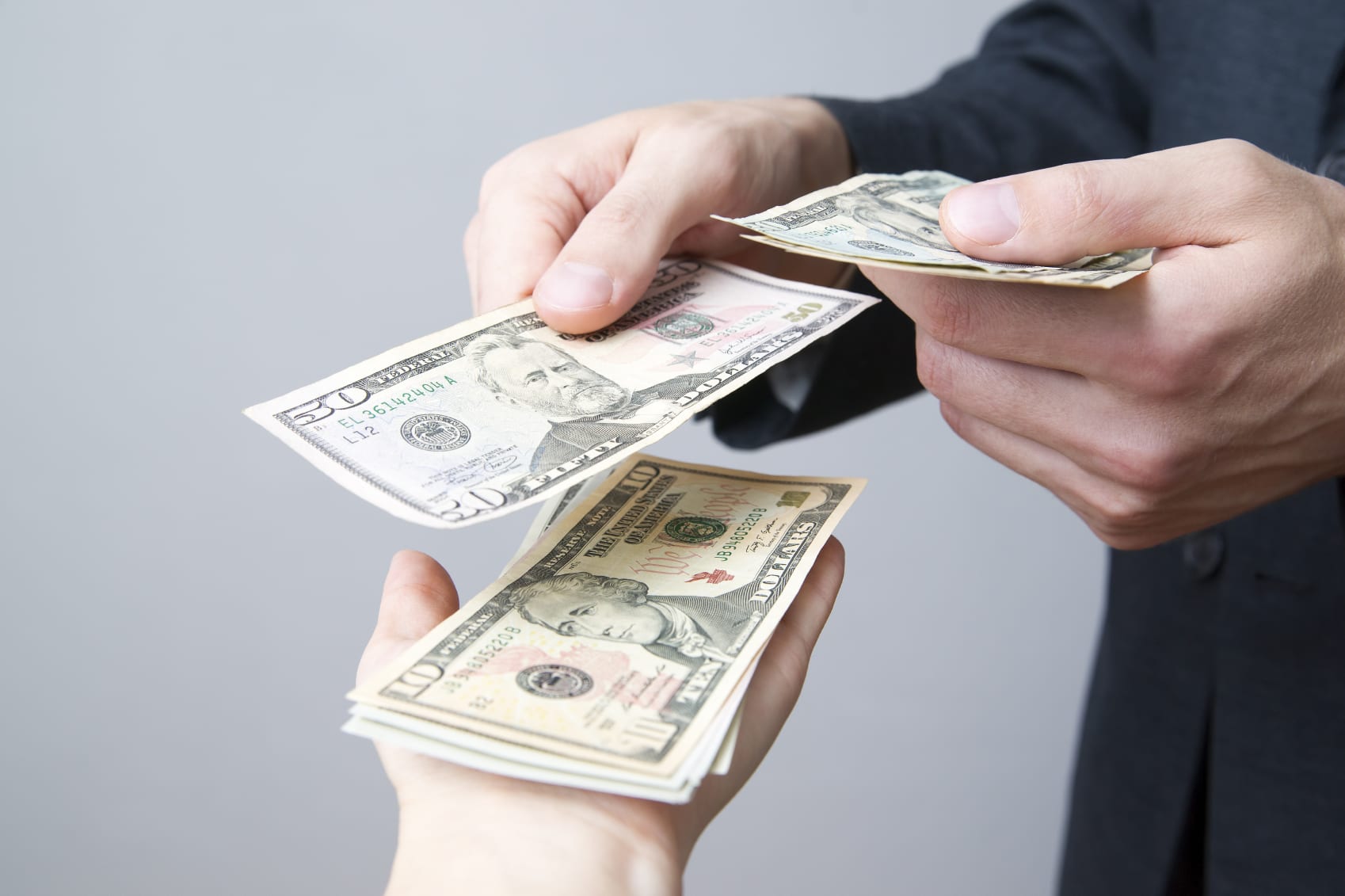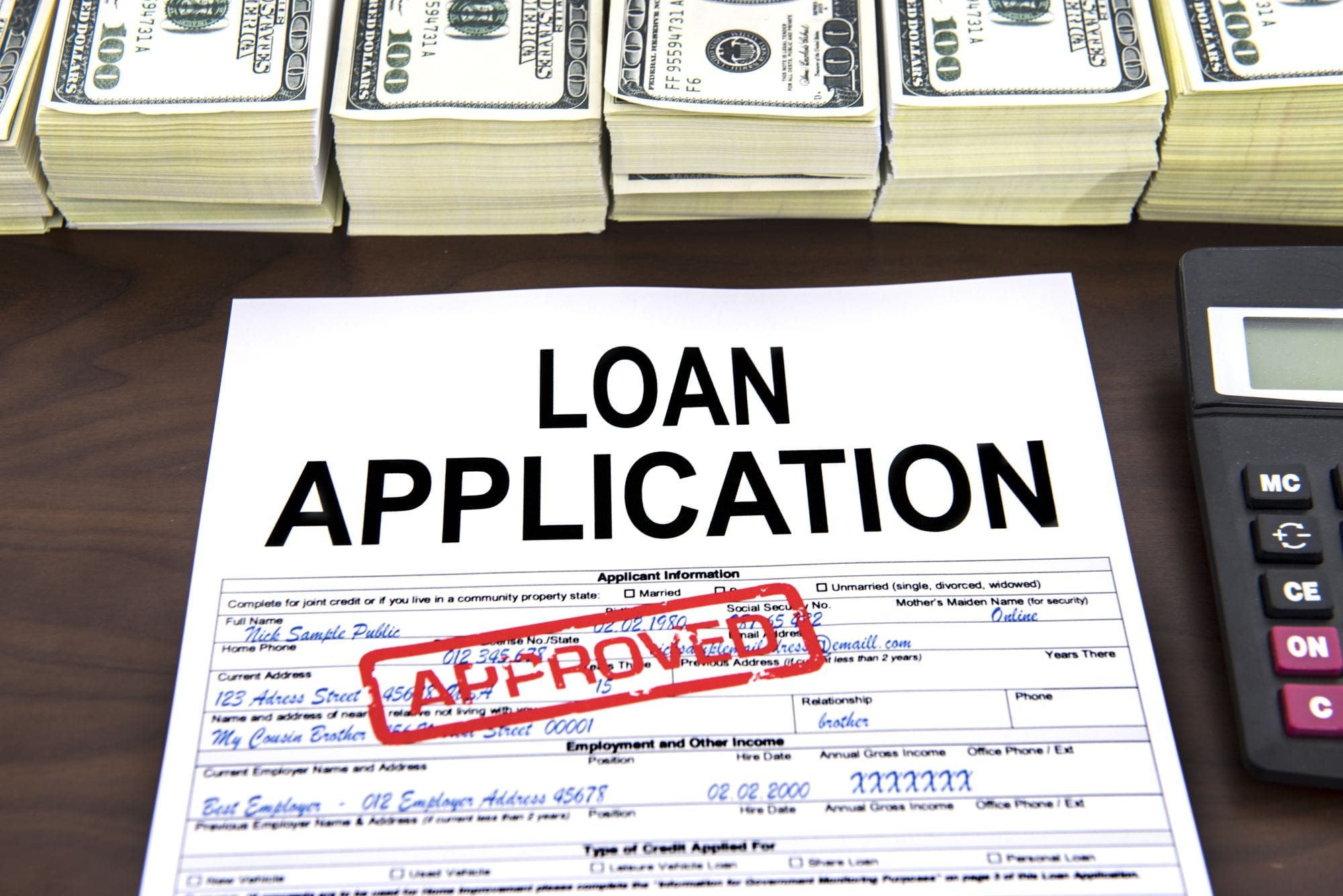Merchant cash advances, also known as future purchase sales receivables agreements, have become a very popular business financing product for businesses that accept credit card sales from their customers. There is also a sister product called a business cash advance, a better option for businesses with fewer credit card transactions.
Why has a merchant cash advance become so popular? The two main reasons for small business merchant cash advance popularity are simple: qualifications and flexible repayment structure.

Merchant cash advances allow for lower credit standards, cash flow requirements, lower standards of bank account health, and less paperwork for approval. Getting approved for a merchant cash advance is much easier than getting a business loan.
The other reason for the popularity is the repayment structure. Payments are flexible because you pay back a lump sum monthly by taking a fixed percentage of future sales. So if business sales fluctuate, so make the payments you must make. This protects the business from being saddled with a fixed payment that does not adjust to sales.
This product type is very popular with industries such as restaurants, auto service centers, retail stores, and many other small businesses.
What Is Merchant Cash Advance? Merchant Cash Advance Explained
So let’s get into the details of how a merchant cash advance works. Like a business loan, a merchant cash advance is structured as a lump sum of money provided to a business during consummation. It differs from a loan in that it is NOT repaid with a fixed payment over a fixed term, and you are not charged a principal and interest rate.
Repayment is determined by a fixed percentage of future sales, which is then auto-deducted from the business bank account daily, weekly, bi-weekly, or monthly until it is paid back in full. Paying back on a merchant cash advance is no specific term limit. Occasionally, restrictions and limits are spelled out in a merchant cash advance agreement, but generally, repayment is flexible, unlike a business loan.
Merchant cash advances function on a fixed cost basis using a factor rate, not principal and interest, which is another big difference between a business loan and a merchant cash advance.
For example:
Advance Amount (Purchase Amount): $20,000
Payback Amount (Specified Amount): $25,000
Factor Rate: 1.25
Percentage of Future Sales (Specified Percentage): 10%
Notice that no term or duration is listed, or a fixed payment is deducted from your business bank account. So if your sales on Monday were $1,000, then (based on 10% of future sales in the example) a deduction of $100 would be made from the credit card sales or business bank account to start repaying the advance. If there are no sales the next day, then there is no payment.
Merchant Cash Advance Application and Requirements
The requirements and qualifications to apply for a merchant cash advance differ slightly from a business cash advance. However, the requirements are much less stringent than traditional business loans that require two years of tax returns, six months of bank statements, profit, loss, balance sheet statements, and accounts payable/accounts receivable reports (if applicable).
Let’s break down the requirements and qualifications for both merchant cash advances and business cash advances.
Qualifications for a Merchant Cash Advance
- At least 6 months in business
- Revenue/deposits in a business bank account of at least $10,000 per month
- Frequent daily credit card sales on a monthly basis of over $10,000
- All credit types from excellent to poor (credit scores above 500 preferred)
- Healthy bank statements, but allows for as little as $1,000 as an average daily balance in a business bank account (there are some funders who will go as low as $500 average daily balance)
Requirements for a Merchant Cash Advance
- 1-page application
- 3 months of merchant processing statements
- 3 months of business bank statements
Qualifications for a Business Cash Advance
- At least 6 months in business
- Revenue/deposits in a business bank account of at least $10,000 per month
- All credit types from excellent to poor (credit scores above 500 preferred)
- Healthy bank statements, but allows for as little as $1,000 as an average daily balance in a business bank account (there are some funders who will go as low as $500 average daily balance)
Requirements for a Business Cash Advance
- 1-page application
- 3 months of business bank statements
As you can see, very little paperwork and very lax qualifications are required for approval compared to those of business loans. I think you can see why the popularity of merchant and business cash advances has been continuously growing.
Is a Merchant Cash Advance Right for Your Business?
Although a merchant cash advance is easier to get approved for and more flexible in repayment, it is important for the business owner to evaluate the costs and benefits of taking on this type of business finance product. Merchant cash advances cost more than business loans, and repayment duration can be shorter.
While considering a merchant cash advance, following a cost-benefit analysis would be a smart move. You must ask yourself, does the benefit of acquiring the money by way of a merchant cash advance outweigh its costs? It sounds like an oversimplification, but it often boils down to just that if you are considering a merchant cash advance, it is most likely because you don’t qualify for a small business loan.
Common Questions On Merchant Cash Advance
What is a Factor Rate?
The factor rate (money rate) is a fixed cost multiplier, not a principal and interest rate nor does it operate like one.
Example A: Merchant Cash Advance Terms
Advance Amount (Purchase Amount): $20,000
Payback Amount (Specified Amount): $25,000
Factor Rate: 1.25
Percentage of Future Sales (Specified Percentage): 10%
To calculate the factor rate divide the payback amount (specified amount) by the advance amount (purchase amount).
$25,000 payback amount / $20,000 advance amount = 1.25 which is the factor rate
The total cost of this funding is calculated by subtracting the payback amount (a specified amount) from the advance amount (purchase amount)
$25,000 payback amount - $20,000 advance amount = $5,000 in total costs

How Are the Payments Made for a Merchant Cash Advance vs. Business Cash Advance?
Merchant Cash Advance Payments
Merchant cash advance payments are made by taking the percentage of future sales (specified percentage), a fixed percentage of every future credit card sales batch. That can be achieved by the merchant processor directly by splitting the sales and payment to the funder. The funder monitors the merchant processing sales and then deducts that percentage directly from the business bank account by an ACH deduction. Additionally, a lockbox can be created into which all merchant processing sales deposits, then the funds are automatically split between the funder and the business bank account.
Example A: Merchant Cash Advance Terms
Advance Amount (Purchase Amount): $20,000
Payback Amount (Specified Amount): $25,000
Factor Rate: 1.25
Percentage of Future Sales (Specified Percentage): 10%
Business Cash Advance Payments
Business cash advance payments are made by taking the percentage of future sales (specified percentage), a fixed percentage of monthly sales taken by daily, weekly, or bi-weekly ACH payments established in the agreement. At the end of every month, the merchant can provide the previous month’s business bank statement, which is reconciled for the fixed payments deducted the prior month against the set percentage of monthly sales to be taken. If the amount taken was more than the set percentage of monthly sales on the agreement, a refund is issued to the merchant for the overage paid.
Example B: Business Cash Advance Terms
Advance Amount (Purchase Amount): $20,000
Payback Amount (Specified Amount): $25,000
Factor Rate: 1.25
Percentage of Future Sales (Specified Percentage): 10%
Weekly ACH Fixed Payment: $695
What Are Typical Origination Fees?
Funders charge as little as nothing to 7% of the advance amount on origination fees. Never agree to pay any up-front fees to get business funding prior to drafting an agreement.
How Long Will It Take to Pay off a Merchant Cash Advance?
Based on current sales volumes, you can ask a merchant cash advance funder what their estimated time to repay your business advance would be. Typically they are set up for repayment in 6 to 18 months, but remember there is no fixed term. The repayment period is determined based on predicting future sales by looking at your past.
The calculation to figure out your estimated time to repay a merchant cash advance is to take your average monthly sales deposits and multiply by the percentage of future sales (specified percentage) to get your monthly payment outlay, then divide by your payback amount (a specified amount).
So assume monthly sales are $27,000 in Example A
Advance Amount (Purchase Amount): $20,000
Payback Amount (Specified Amount): $25,000
Factor Rate: 1.25
Percentage of Future Sales (Specified Percentage): 10%
$27,000 monthly sales x 10% Percentage of Future Sales = $2,700 in monthly payments / $25,000 Payback amount = 9.25 months to repay
Who Qualifies for Merchant Cash Advance or Business
Cash Advance?
Most business owners can get approved for a merchant and business cash advance if they meet the qualifications and requirements.
What Industries Use Merchant Cash Advances the Most?
The most common industries that use merchant cash advances are restaurants, auto service repair, retail stores, construction contractors, and e-commerce online businesses. Most industries can get funding, but there are some restrictions.
What Are the Benefits of a Merchant Cash Advance?
- Flexible repayment terms
- Fast and easy process (money in as little as same day)
- All credit accepted from excellent credit to poor credit
- No fixed payments. Payments based on a percentage of future sales
- Use the money however you’d like
- Does not report to personal credit
- Does not require assets or personal collateral
- Limited paperwork requirements
The Bottom Line
As stated earlier in this article, the two main reasons that merchant cash advances and business cash advances are so popular are the simple requirements/qualifications and the easy and flexible repayment structure.
Remember, no matter what business financing product you are talking about, you must always evaluate the costs versus the benefits and shop for multiple quotes to make sure you are getting the best available terms for your business.













